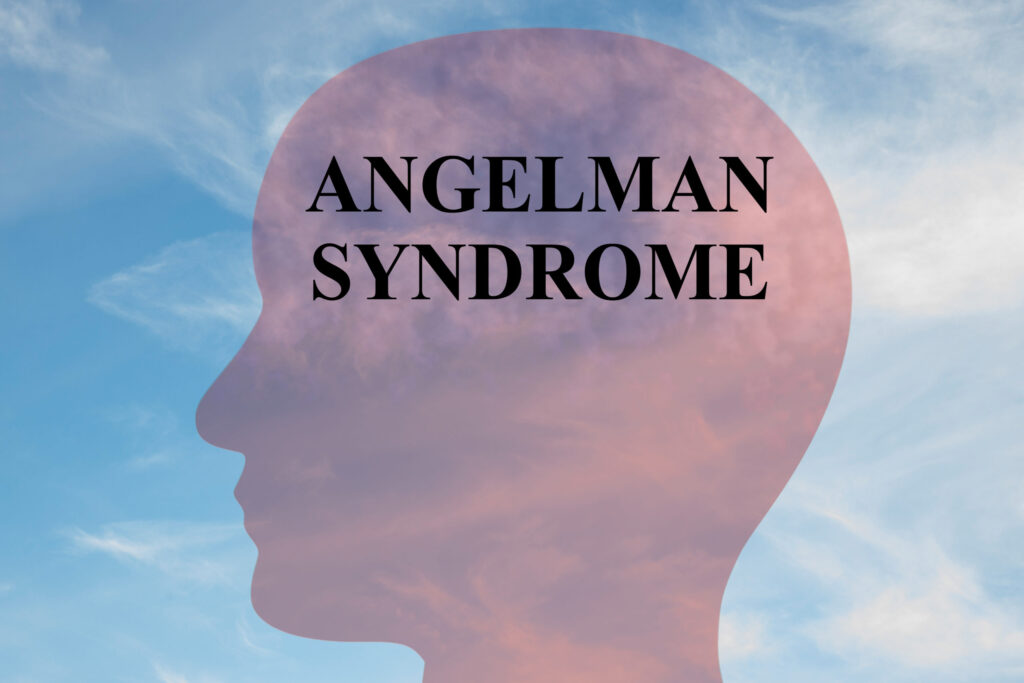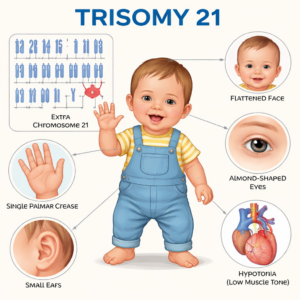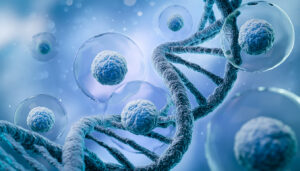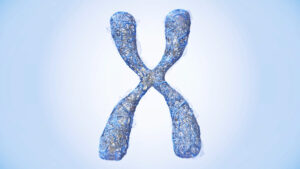What is Angelman syndrome?
This rare disease is currently estimated to affect around half a million people worldwide. Its prevalence rate is currently 1 in every 15,000 live births.
It is characterized by a wide range of symptoms from development delay, to seizures, and sleep issues.
It is not believed to be an inheritable genetic disorder, although a sibling with Angelman may lead to a higher risk for the syndrome amongst future children.
The syndrome itself is caused by a mutation in the UB3A gene. This mutation may be a microdeletion when genes are deleted from a chromosome. Or it may be the result of disomy, which occurs when both copies of a chromosome pair are inherited from one parent, instead of one copy from one, and one from the other. When this occurs with some genes, it can trigger a genetic syndrome.
Main signs
There are several main signs of Angelman syndrome. One of the first often noticed is when an infant seems to be having issues with their balance, and ability to walk. Many infants with Angelman experience serious developmental delays, especially in their physical and motor skill development, and their speech.
Generally, individuals with Angelman develop limited-zero speech capabilities. Speech delay, as well as limited-zero speech delay, is a defining symptom of the syndrome. For some children, Angelman is a cause of speech delay.
Other signs of Angelman include issues with sleep. Children with Angelman are known to suffer intense difficulties when it comes to falling asleep and often sleep very little.
Other possible signs include a happy and excitable personality accompanied by frequent smiling and laughing. Angelman is an example of a rare behavioral disorder. Seizures are also common and may trigger further investigation into whether a rare disease, such as Angelman, is the cause of them.
Angelman syndrome and genetic counseling
If an infant or child is displaying signs of Angelman syndrome without any other explainable cause, the first person to consult with would be a genetic counselor.
A genetic counselor would be able to assess an individual’s symptoms and possible signs of Angelman and recommend specific genetic testing to identify mutations in the UB3A gene, and confirm a diagnosis of Angelman.
A genetic counselor will be able to explain the implications of genetic testing for Angelman, and what it will mean for an individual affected in terms of the long-term care and management of their condition, and symptoms.



